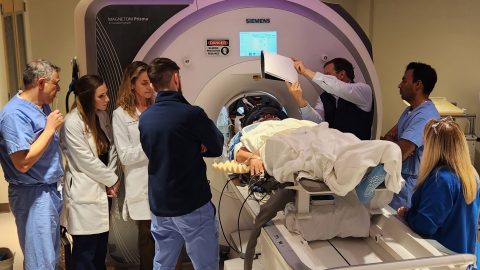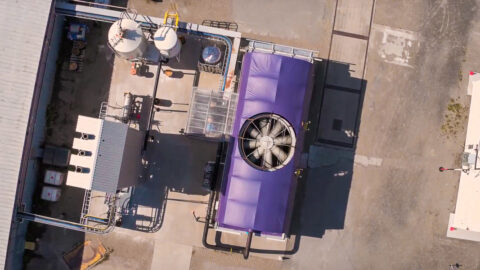
—Casey Crownhart
After writing about Quaise, a geothermal startup that’s trying to commercialize new drilling technology, I’ve been thinking about the role oil and gas companies are playing in the energy transition. It’s becoming increasingly common in climate tech to see a startup join up with a bigger fossil fuel company in its field, like Quaise has with Nabors Industries, one of the biggest drilling firms in the world.
This industry has resources and energy expertise—but also a vested interest in fossil fuels. Can it really be part of addressing climate change? Read the full story.
This article is from The Spark, MIT Technology Review’s weekly climate newsletter. To receive it in your inbox every Wednesday, sign up here.
Google DeepMind’s new AI can help historians understand ancient Latin inscriptions
Google DeepMind has unveiled new artificial intelligence software that could help historians recover the meaning and context behind ancient Latin engravings. Aeneas can analyze words written in long-weathered stone to say when and where they were originally inscribed.
It follows Google’s previous archaeological tool Ithaca, which also used deep learning to reconstruct and contextualize ancient text, in its case Greek. But while Ithaca and Aeneas use some similar systems, Aeneas also promises to give researchers jumping-off points for further analysis. Read the full story.









Recent Comments